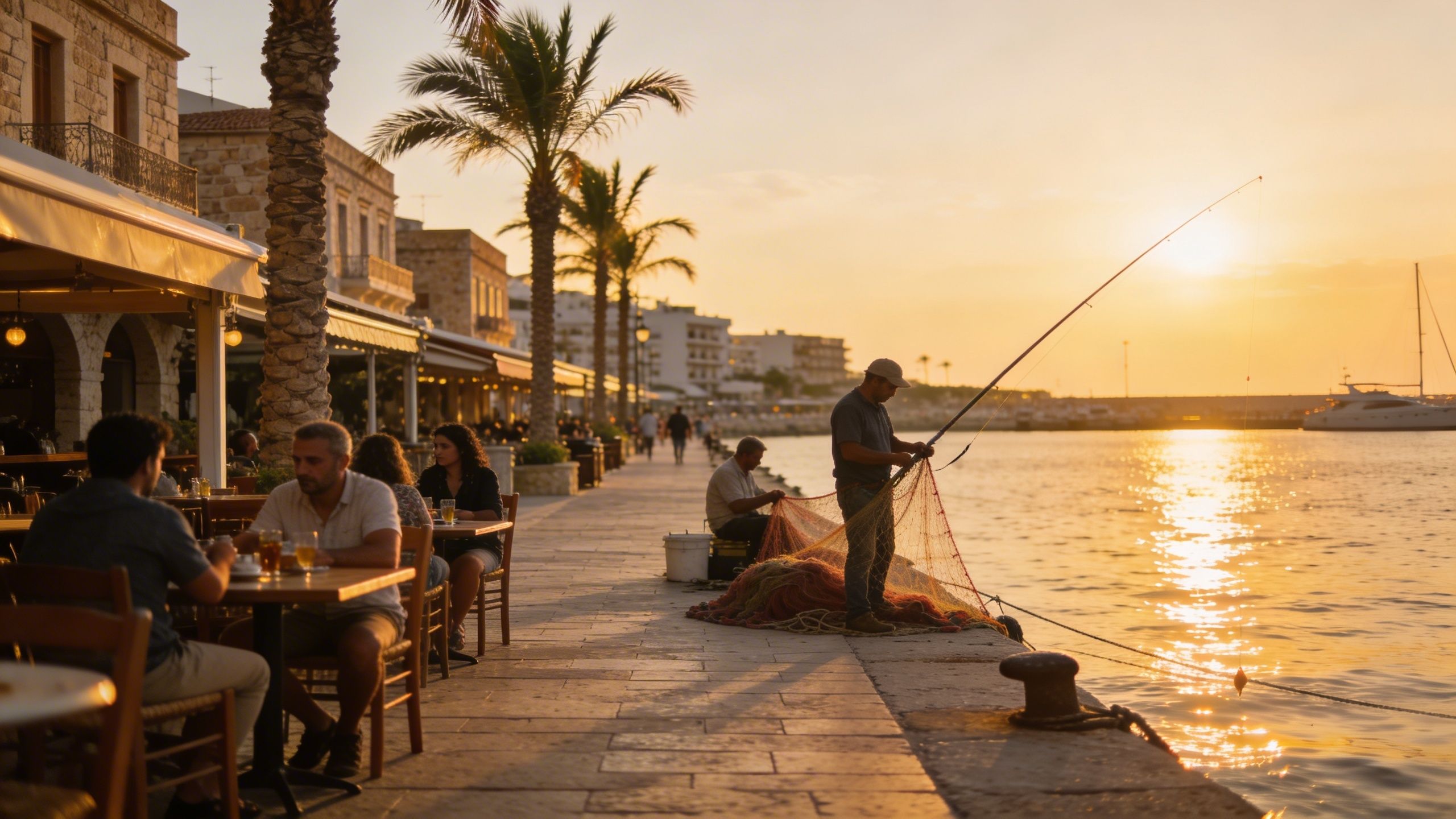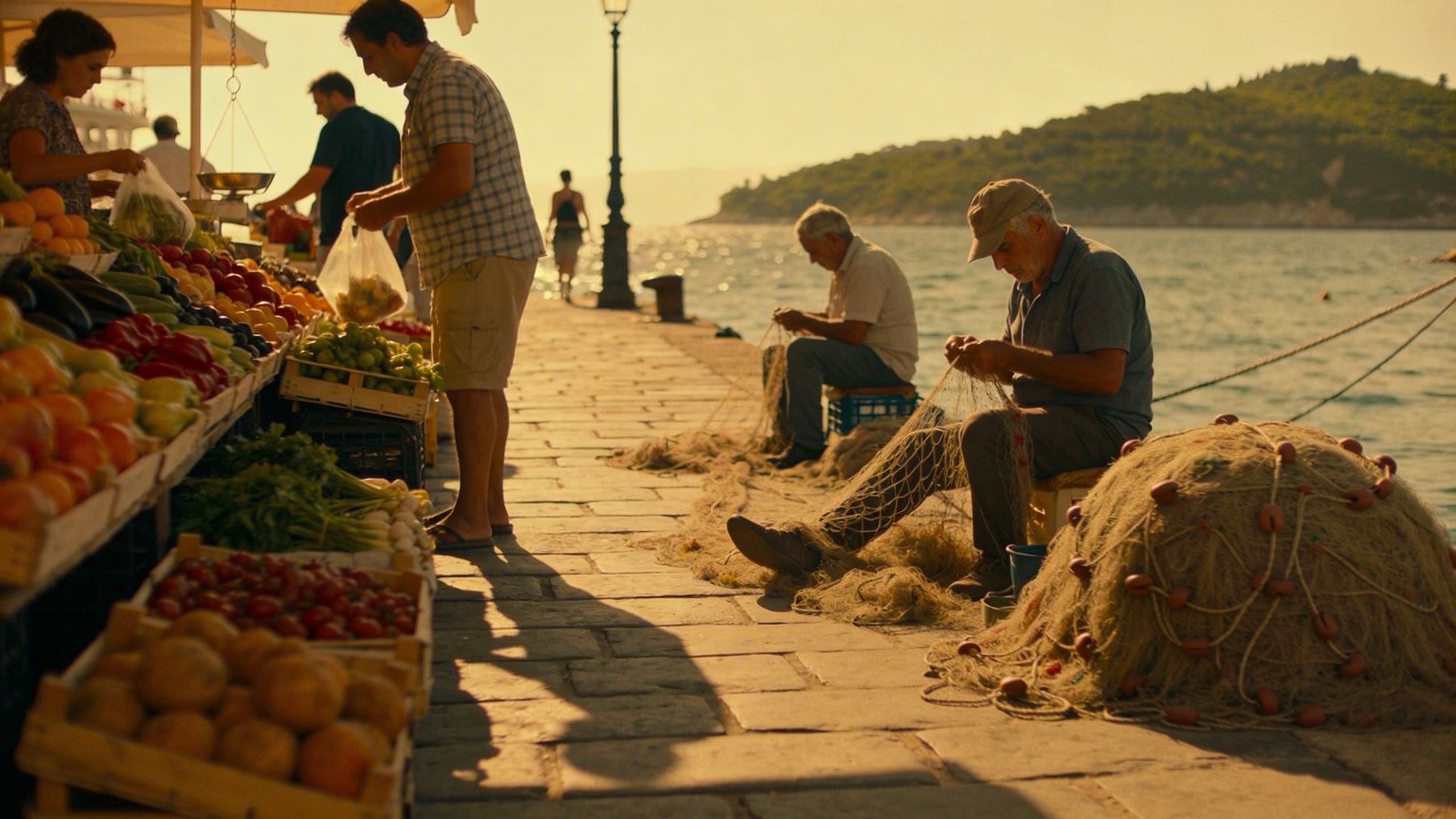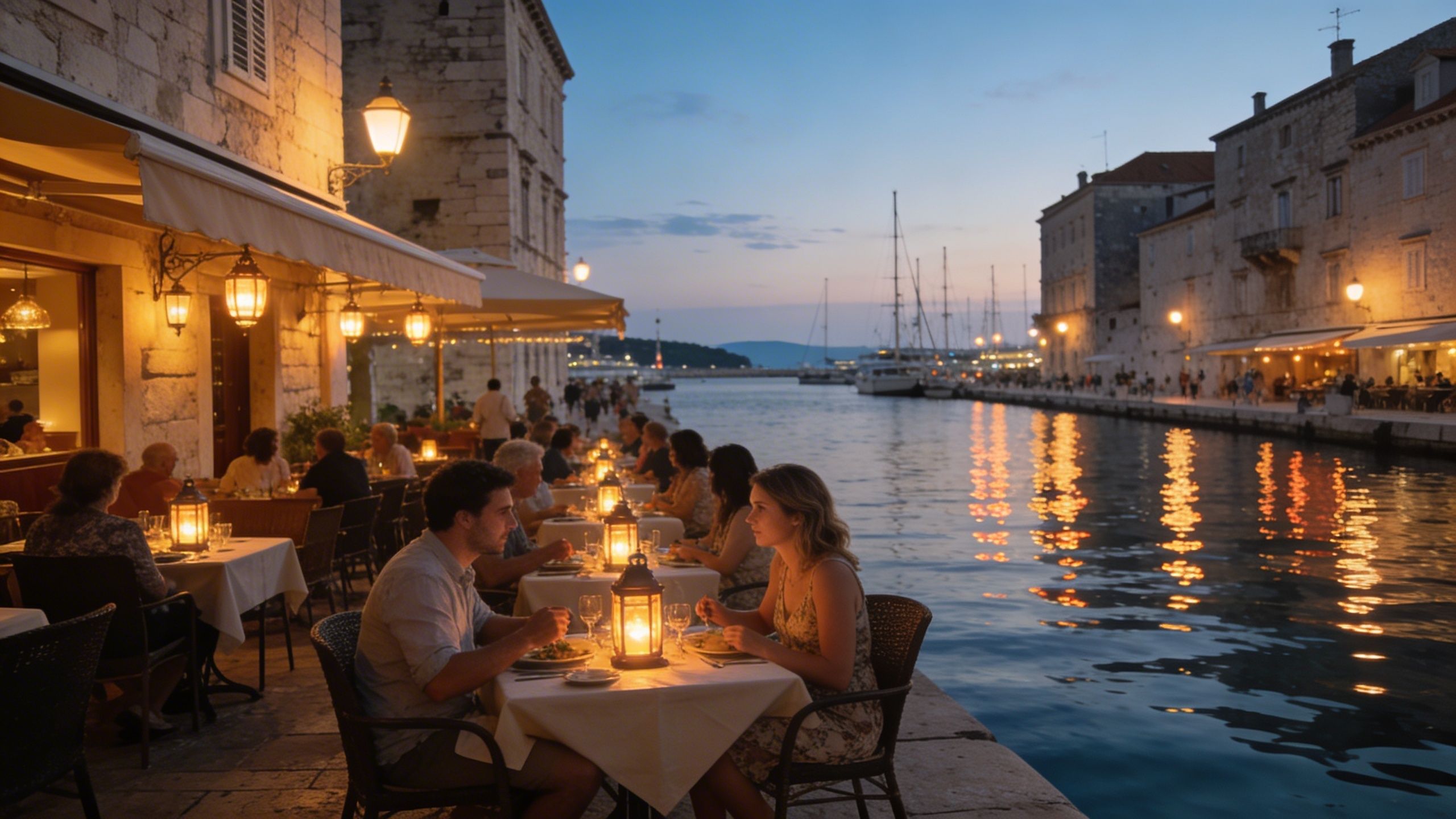Mortgages, Notary Costs and Daily Life in France
Pair the promise of French daily life with practical financing: non‑resident mortgage norms, notary costs, taxes and steps to secure a home wisely.
Imagine an autumn morning in Aix‑en‑Provence: a small table at Café des Arts, steam rising from an espresso, limestone façades glowing and shutters opening to the day. In France the rhythm of life is shaped as much by neighbourhood cafés, weekly markets and promenades along tree‑lined boulevards as by the architecture that endures — Haussmannian apartments, Provencal mas, stone cottages and contemporary inserts. For an international buyer the choice is not merely a financial transaction; it is a change of daily atmosphere, language and civic habit. Practical questions about mortgages, taxes and purchase costs must therefore be answered with equal care to the lifestyle you wish to secure.
Living the French life — neighbourhoods and daily rhythms
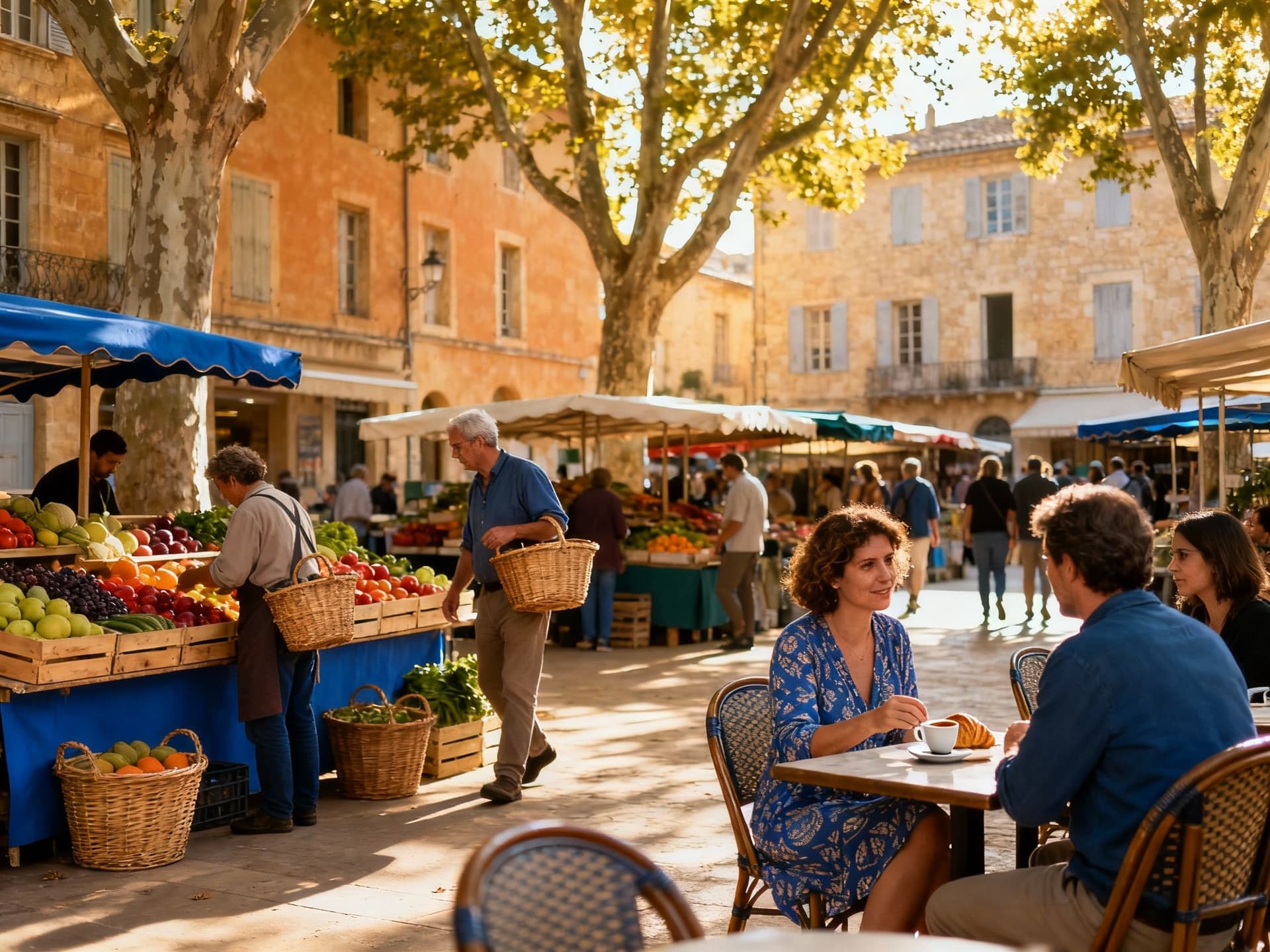
Paris mornings are different from life on the Côte d’Azur or in the Dordogne. In Paris you move through a layered urbanity — patinated stone staircases, boulangeries on the corner, discreet private gardens behind iron gates. On the Riviera, early mornings mean sea air and markets in Nice or Antibes; inland villages keep a slower, seasonal cadence. Choosing a region therefore implies choosing a tempo of life as much as a property type.
Spotlight: Île‑de‑France — the metropolitan balance
In Ile‑de‑France the city’s density is tempered by leafy arrondissements and villages‑turned‑suburbs such as Saint‑Germain‑en‑Laye or Sceaux. Expect mornings of espresso and newspapers, afternoons in museums or parks, and an infrastructure that supports international living — direct TGV links, international schools and private healthcare. Property here often carries premium price per square metre but with correspondingly deep liquidity.
Spotlight: Provence & the Côte d’Azur — light, craft and outdoor life
In Provence and along the Riviera the house is frequently an outdoor proposition: terraces, shaded courtyards, stone walls that hold the day’s warmth. Life is measured by markets (Aix’s daily market, Nice’s flower market), village fêtes and long dinners that stretch under plane trees. Consider microclimates, sun orientation and outdoor living spaces when assessing value — they determine both seasonal enjoyment and maintenance demands.
- Lifestyle highlights: Marché du Vieux‑Nice; Café de Flore (Saint‑Germain); weekend drives in the Luberon; oyster lunches in Cancale; evening strolls along the Seine.
Making the move: financing, purchase costs and timelines
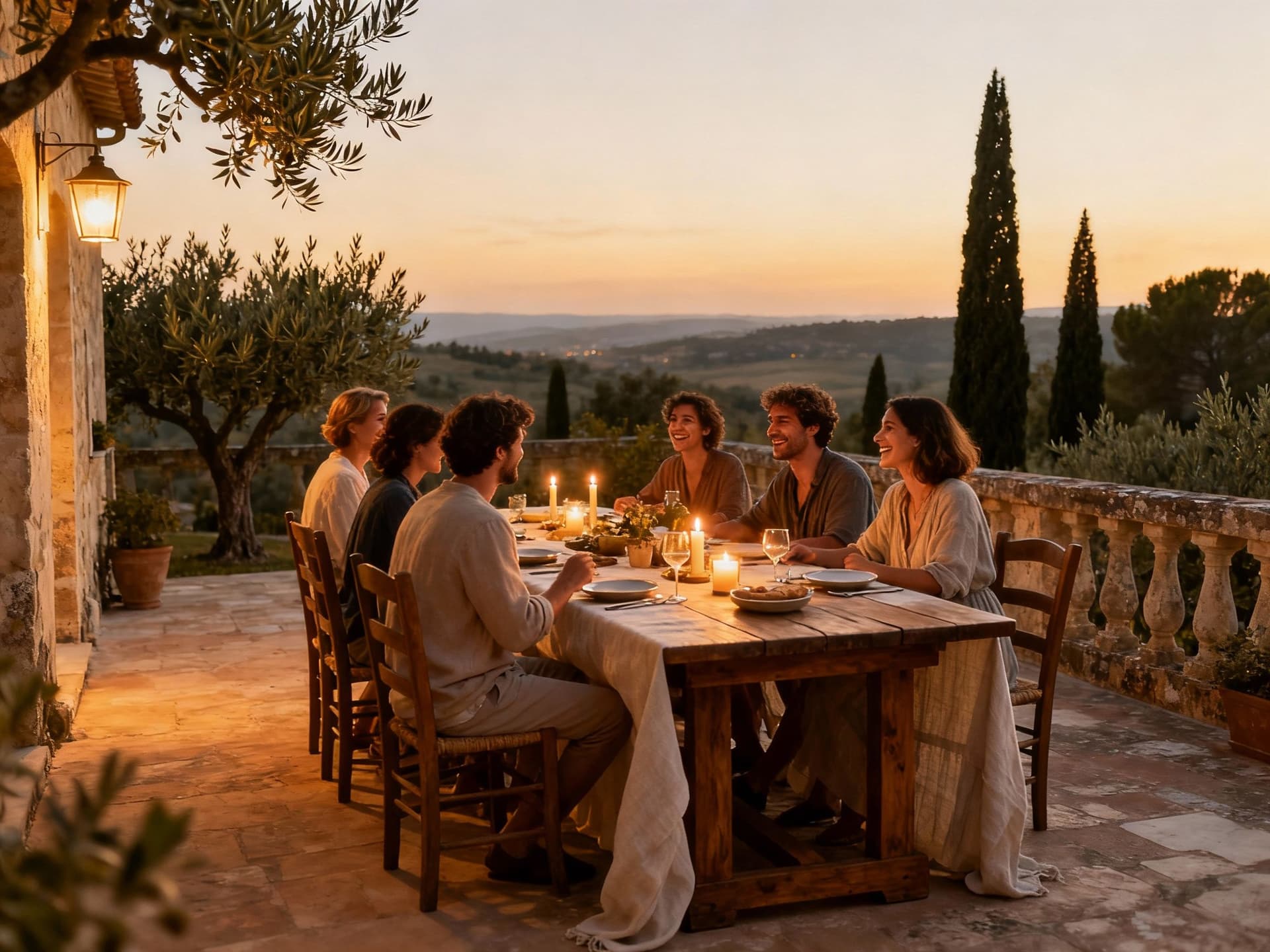
The purchase process in France is steady and formalised: offer, compromis (preliminary contract), cooling‑off, and the acte authentique (final deed). Alongside this cadence are fixed transaction costs: acquisition taxes and notary disbursements — commonly 7–8% on older properties and closer to 2–3% on new builds. These costs are not optional and should be budgeted from the outset. For detailed fee breakdowns consult official notary guidance.
Mortgages for non‑residents: what to expect
Non‑resident buyers regularly obtain financing in France, though terms are more conservative than domestic lending. Banks typically request a larger deposit (commonly 20–30% and often higher for non‑EU nationals), strict debt‑to‑income assessments and proof of stable income. Mortgage durations are generally capped around 25 years under prudential guidelines. Expect a requirement for life and loan‑repayment insurance, plus additional scrutiny on foreign income and asset documentation.
- Steps to approach mortgage approval in France
- 1. Assemble certified financial documents (payslips, tax returns, bank statements) and a passport copy. 2. Obtain a pre‑approval or ‘offre de principe’ from a bank to understand LTV and term limits. 3. Factor in mandatory insurance and notary timelines: allow 8–12 weeks from compromis to acte. 4. Consider private banking or specialist mortgage brokers for tailored solutions if your profile is high‑net‑worth or complex.
Insider knowledge: tax realities and long‑term stewardship
Market cycles matter. After several quarters of stabilisation and recent modest recovery, regional behaviour varies: Paris and select coastal areas show stronger liquidity while some rural markets remain price‑sensitive. Long‑term owners benefit from stewardship: careful restoration, preserving original fabric and investing in efficient systems which maintain value and reduce running costs. Use local specialists — not just for negotiation but to advise on heritage rules, planning permissions and maintenance standards.
Taxes to plan for as an owner
- Annual property taxes (taxe foncière), potential taxe d’habitation for certain situations, income tax on rental receipts, social contributions on French‑source income for non‑residents, and capital gains treatment on sale. Tax treaties and residency status materially change outcomes; obtain a cross‑border tax opinion early.
Practical checklist for international buyers who want to marry lifestyle with sound finance:
- Work with a bilingual notary and a trusted mortgage broker; budget 7–8% for purchase costs on older properties; secure a letter of pre‑approval before making offers; factor local taxes and insurance into net return calculations; arrange for a specialist survey when buying older or listed buildings.
A final word: the purchase of a French home rewards patience and discernment. Liveable details — light through tall windows, the cadence of a market morning, a small courtyard for evening meals — are what give a property its value over time. Approach the finance with the same care: assemble documents early, choose local counsel and lending partners, and let the provenance and craftsmanship of the house guide the investment decisions you make as steward.
Dutch former researcher who moved to Lisbon, specialising in investment strategy, heritage preservation, and cross-border portfolio stewardship.
